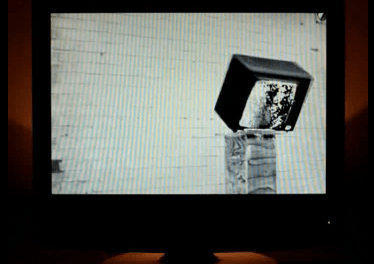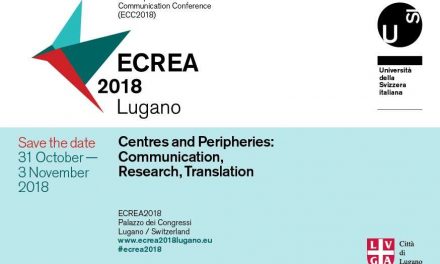Television and Sustainability
In 2015, the UN proposed 17 Sustainable Development Goals that are meant to guide humankind towards a more equitable future on a liveable planet. They address questions of health, society, culture and the distribution of resources while also being aware of the urgency to address climate change. As a key communicator of human aspiration, as a tool to educate and inform, but also as an industry fraught with inequality and often accused to pandering to ‘valuable’ taste communities i.e. those of economic and other advantage, television emerges as a key site where our ability to respond to those aspirations can be assessed. How does television respond to the climate crisis? How does it aim to reduce poverty and inequalities by, for example, addressing local working conditions, offering traineeships to disadvantaged groups or address issues of outsourcing ethically? What steps does the industry take to reduce its carbon (and other polluting) footprint? How does it promote peace?
These and many other questions relating to television and the Sustainable Development Goals will be at the centre of the slow conference, which will be spread out over two weeks. The conference will take place online with only a limited number of panels on each day to allow delegates from across the globe to catch up and take part.
Considering the urgency of the climate crisis, we want to place a particular emphasis on this aspect of the Sustainable Development Goals without overlooking the other ones. Thus, we invite papers, screenings, roundtables, group debates, panels and any other form of presentation on issues relating to television and one of the following: climate change, social justice, education, health, economy, partnerships for a better future, its location and locale, as well as any other topic within the sustainable development goals.
Papers could, for example, address:
- the role of television for educational purposes
- representations of climate change
- television’s impact on the climate
- issues of health and wellbeing in television
- television as a sector of the economy
- television and diversity
- television and wealth inequalities
And many more!
Please submit your abstract to the following portal: Submission Portal
Abstracts for fully formed panels should include a 100-word panel summary as well as abstracts for individual contributions. All other abstracts for contributions should be between 350-500 words long. Please include the most likely place you will be at during the time of the conference as well as an indication which Goal you are responding to.
Deadline: 31 January 2024.
The Conference is organised by the Television Studies Research Group which brings together researchers from Edge Hill University, the University of Salford and the University of Manchester. For any questions, please contact Elke Weissmann weissmae@edgehill.ac.uk
Web: https://sites.edgehill.ac.uk/tvresearchgroup/critical-studies-in-television-slow-conference-2024/





